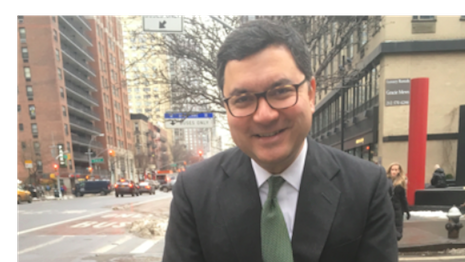 Mickey Alam Khan is editor of Luxury Daily
Mickey Alam Khan is editor of Luxury Daily
The market for luxury properties is clearly slowing.
Whether it is the impact of increased U.S. mortgage rates at 5.8 percent, stock markets worldwide in a correction mode, fear of a likely recession in the United States, China's absence from outbound global tourism, lingering supply chain issues or the Russian war on Ukraine's domino effect on energy and commodity pricing, all of these factors and geopolitical developments take a toll on buyer sentiment.
For properties under $5 million, higher mortgage rates may hurt first-time or even repeat buyers.
For those homes valued at $5 million and up, the all-cash nature of the transaction may soften the landing to some extent, albeit with an extended time on market for most properties. But it is obvious that the first movers snapped up the best properties in the past couple of years.
Will this slowdown free up more inventory? Absolutely yes.
Market levels
Agents and brokers will have to be more creative in marketing and pricing, leveling with sellers that luxury housing demand is returning to pre-pandemic levels.
Even investors in properties across the U.S. and world may start offloading properties, adding to the glut in the market.
Another event that may affect luxury housing sales in the U.S. is the outcome of the midterm elections.
Should the House of Representatives and the Senate switch to another party's control in November, that outcome puts paid to President Biden's domestic agenda for the rest of his term.
The fear is that many opposed to the White House will talk down the economy through presidential elections in 2024, thus further depressing consumer sentiment.
IRONICALLY, THE U.S. Fed's interest-rate moves may succeed in taking the heat off the economy, eventually targeting the high-wage, high-cost-of-living environment.
That antidote may be necessary.
Cities such as Miami, Austin and even New York’s Manhattan borough have become a victim of their own success, driving rents to highs not seen in years – thus adding to the inflationary environment. Bidding wars and “why me” love letters to renting landlords are becoming common.
U.S. inflation at 8.6 percent – the highest it has been in a decade – and slow economic growth may lead to stagflation. It is a similar story in some European markets. That is not a pretty scenario for luxury housing sales following what were arguably the two best years in premium residential property's history worldwide.